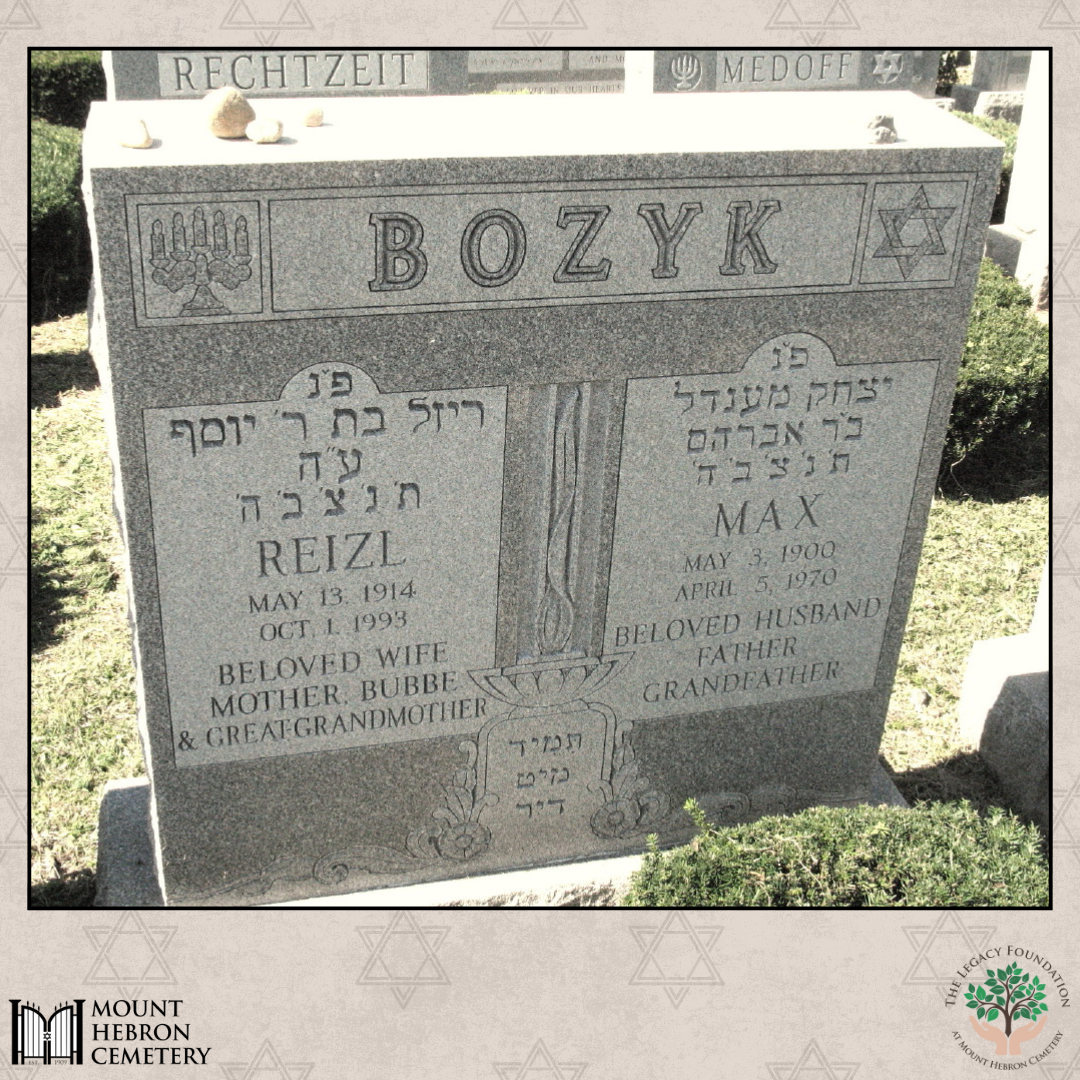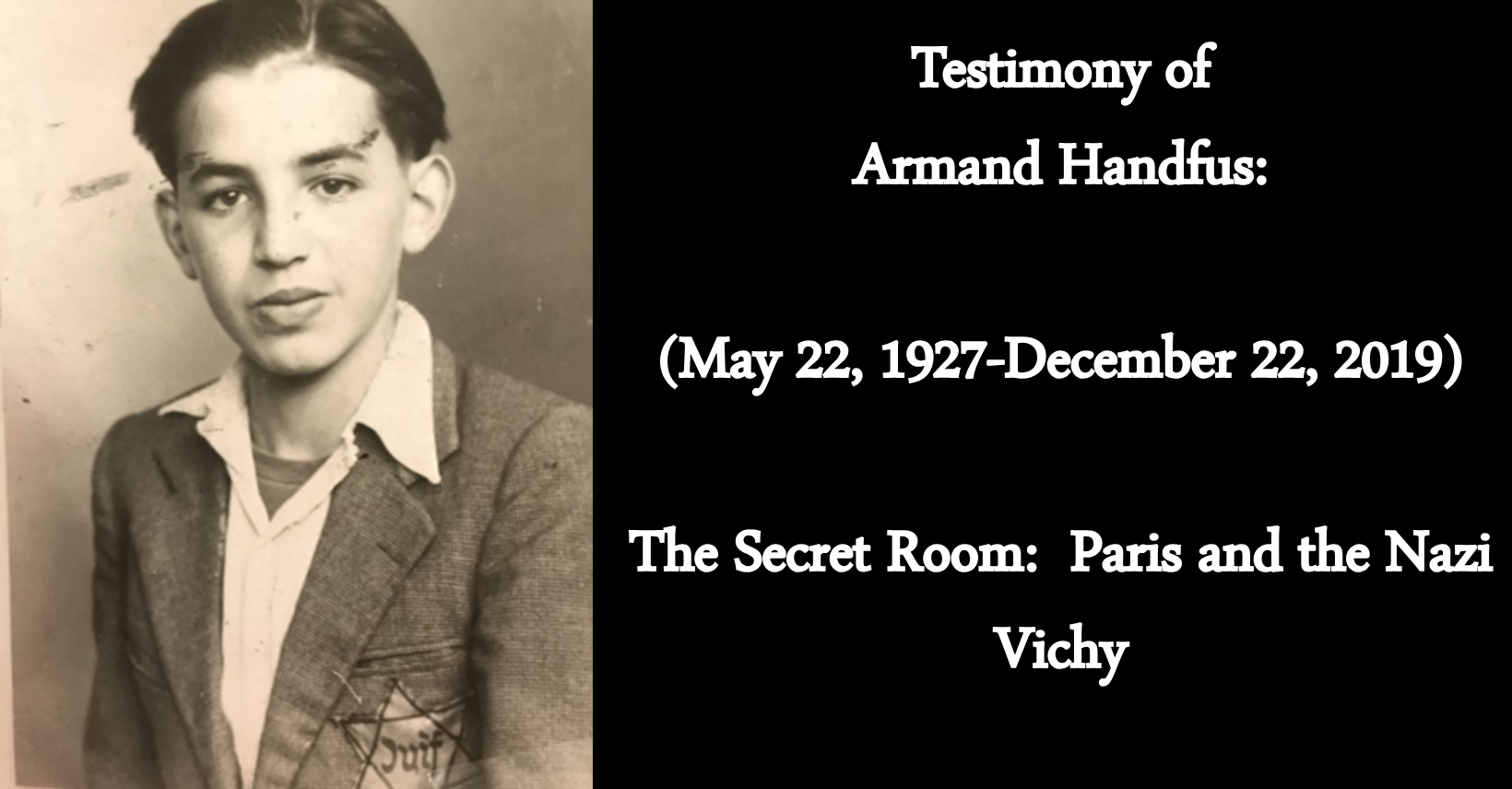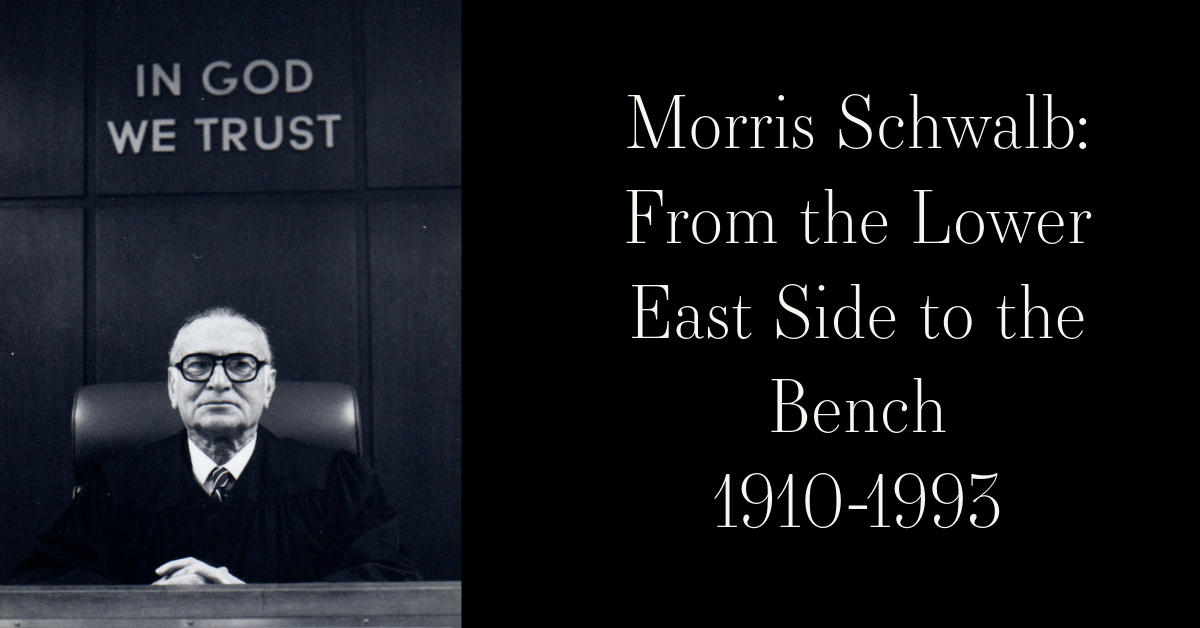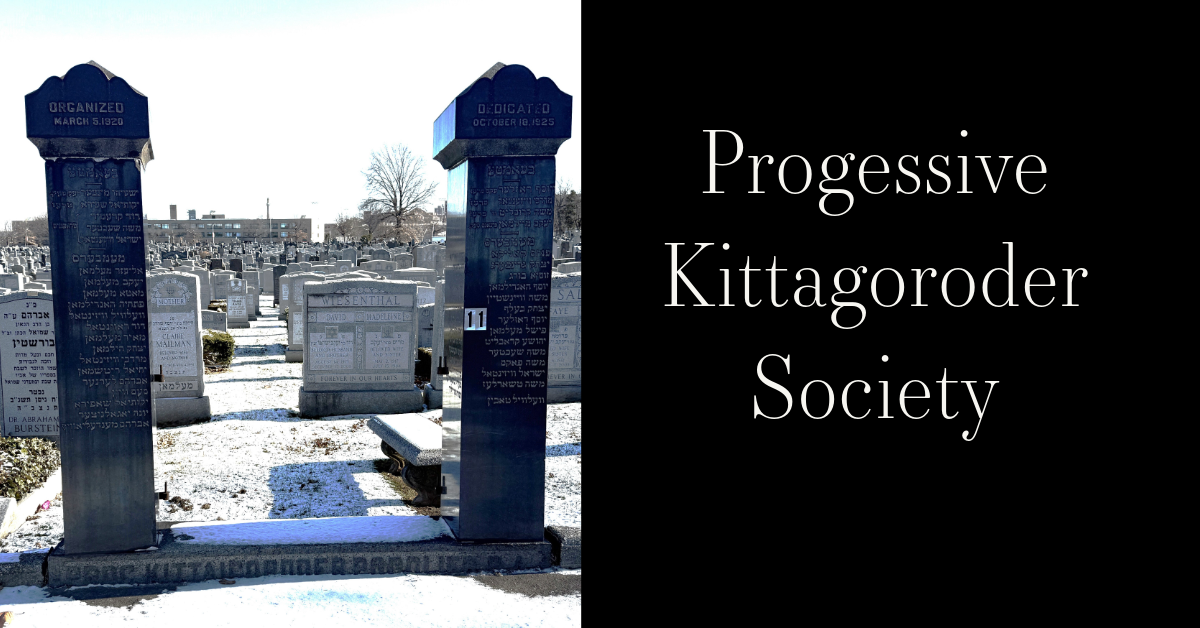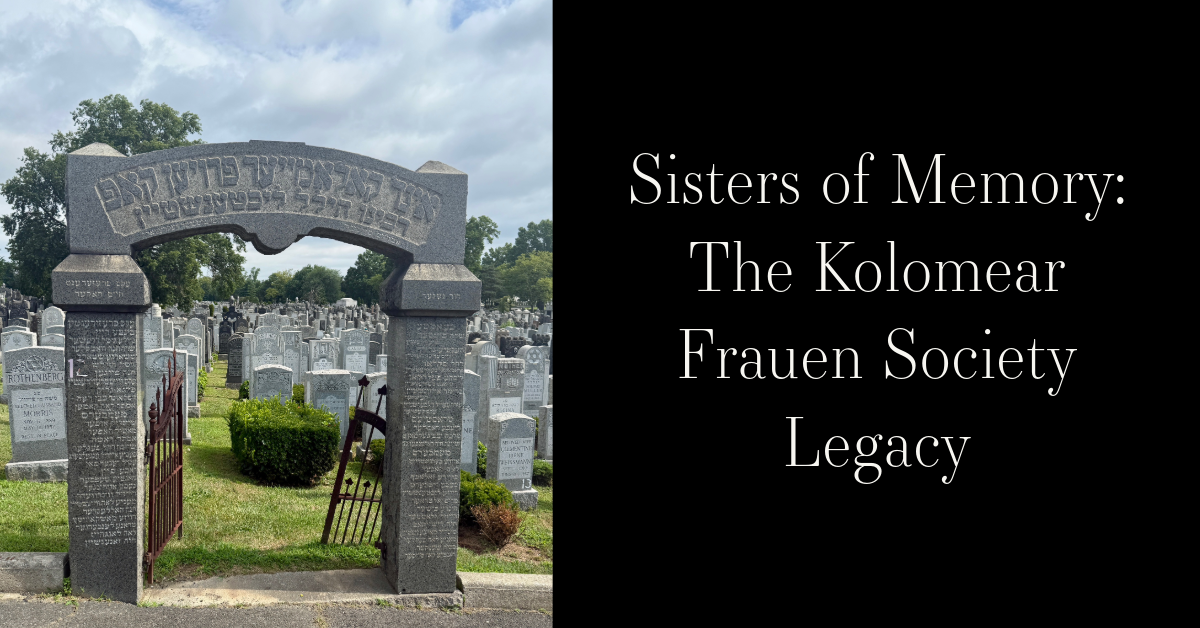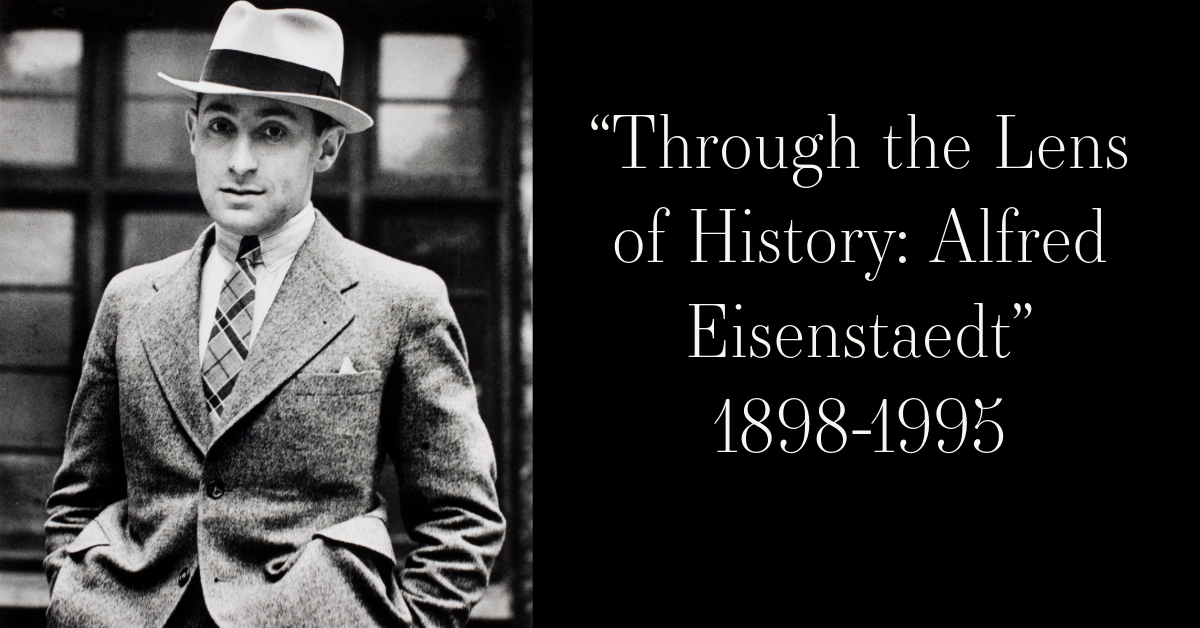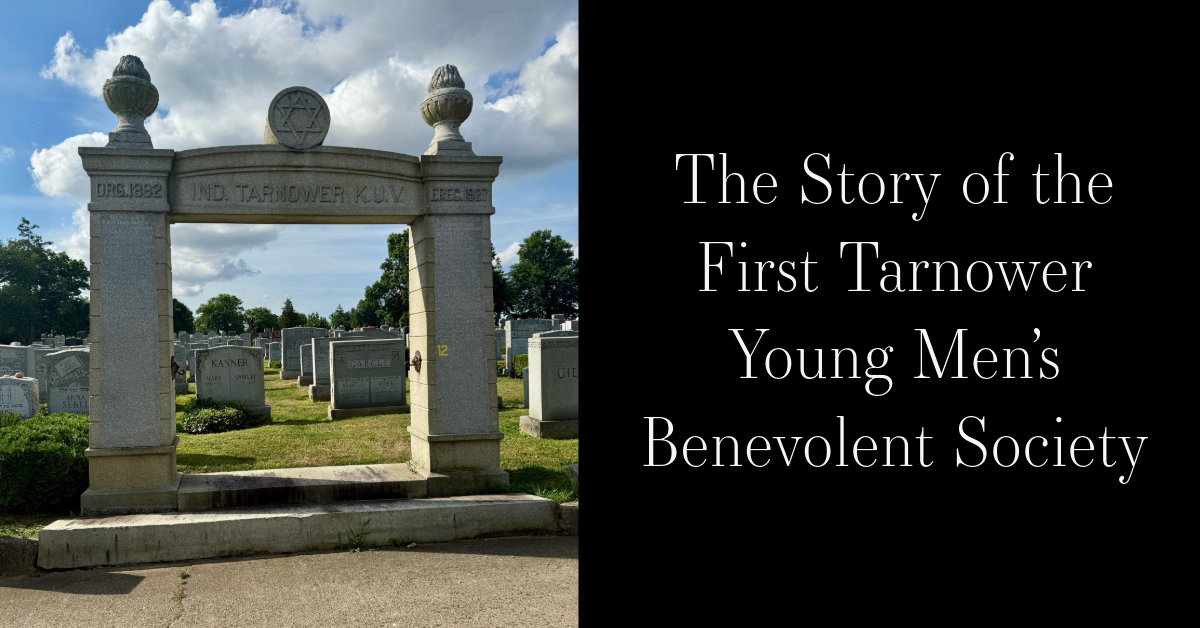Story Summary:
Reizl Bozyk was a cherished Yiddish theatre actress whose career stretched across Europe, South America, and the United States for more than six decades.. She was admired for her blend of warmth, humor, and resilience, becoming a central figure in the survival of Yiddish theatre after the Holocaust. Though best known to mainstream audiences for her late-life film debut in Crossing Delancey (1988), her work on stage began as early as the 1920's and endured well into the 1990's. Her story reflects both the tragedies and triumphs of Jewish life in the twentieth century: a life uprooted by war, yet sustained by art and performance. ~Blog by Jonathan Moskowitz
Reizl Bozyk: Guardian of Yiddish Theater’s Golden Era
Early Years:
Born Róża Lewebrowska on May 13, 1914, in Bydgoszcz, then part of Prussia Poland, Reizl was destined for the theatre. Her parents, Lea and Abram Lewebrowski, were both actors, her mother appearing in Joseph Lateiner’s operetta Dos yidishe harts (The Jewish Heart), while her father specialized in comedic roles. Immersed in performance from a young age, Reizl stepped on stage as early as 1919 when she was only five or six, already appearing alongside her parents. Her upbringing in this environment of song, comedy, and drama instilled in her not only a natural stage presence but also an unshakable dedication to Yiddish culture. These early experiences connected her to a tradition that would shape her life’s work and make her one of the great bearers of Yiddish theatre into the twentieth century.
Marriage and Exile to America
In 1935, Reizl married fellow actor Max Bozyk, with whom she would form one of the most enduring partnerships in Yiddish theatre. The couple initially built their careers in Poland, but the rise of Nazism tore their lives apart. In 1939, they escaped to Argentina, leaving behind their young son, who was later tragically killed during the Holocaust. This devastating loss remained with Reizl for the rest of her life. In 1941, Reizl and Max settled in New York City, which by then was a flourishing center for Yiddish theatre. For nearly thirty years, the duo became inseparable, co-starring in countless plays and revues. They were particularly popular in light comedies and operettas, where Reizl’s vivacious presence paired with Max’s sharp humor created an irresistible dynamic. Each summer, they brought their act to the Catskills’ “Borscht Belt,” entertaining Jewish vacationers with music, laughter, and nostalgia, reinforcing their status as a cornerstone of immigrant Jewish entertainment.
Later Career & On-Screen Debut
Tragedy struck again in 1970, when Max collapsed and died after a performance at New York’s Town Hall. Despite her grief, Reizl carried on, determined to honor both his memory and their shared legacy. She continued to appear in Yiddish productions, both in the United States and abroad, ensuring that the stage they had shared would not go silent. Over time, she began to expand her repertoire beyond a Yiddish-speaking audience
In 1989, she essayed her first stage role in English, appearing in the comedy Social Security at the Forum Theater in Metuchen, New Jersey. The following year, she recreated her now-famous role of Crossing Delancey on stage, a character that had already endeared her to mainstream audiences as a figure of warmth, meddling affection, and old-world wisdom. For many, that single performance on film became their introduction to both Reizl herself and to the richness of Yiddish cultural expression she embodied.
Death & Legacy
Reizl Bozyk died on October 1, 1993, at St. Vincent’s Hospital Medical Center in New York City, at the age of 79. She was laid to rest at Mount Hebron Cemetery in Queens, a resting place for many prominent figures in Yiddish theatre. Her passing marked the end of a long chapter in the history of Yiddish performance, but her legacy remains profound. For decades, she kept alive a tradition rooted in both joy and tragedy, bringing the cadences of Yiddish speech, the rhythms of Jewish humor, and the richness of its theatrical storytelling to audiences who might otherwise have lost touch with it. Though she is often remembered today for a single film role, her true influence lies in the decades she spent as one of the great performers of Yiddish theatre, sustaining a cultural lifeline for immigrant and Jewish communities alike. Reizl Bozyk’s life represents both the fragility and endurance of cultural traditions in exile—an artistic journey from child star in Poland to seasoned actress in America that continues to resonate as part of the golden era of Yiddish stage history.
~Blog by Jonathan Moskowitz
Sources:
https://www.imdb.com/name/nm0102536/
https://en.wikipedia.org/wiki/Reizl_Bozyk
https://www.themoviedb.org/person/171155-reizl-bozyk?language=en-US
https://www.nytimes.com/1993/10/02/obituaries/reizl-bozyk-an-enduring-star-of-the-yiddish-stage-dies-at-79.html









